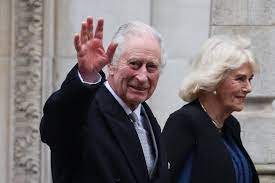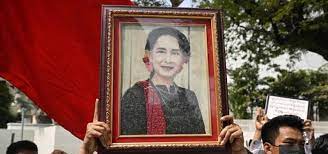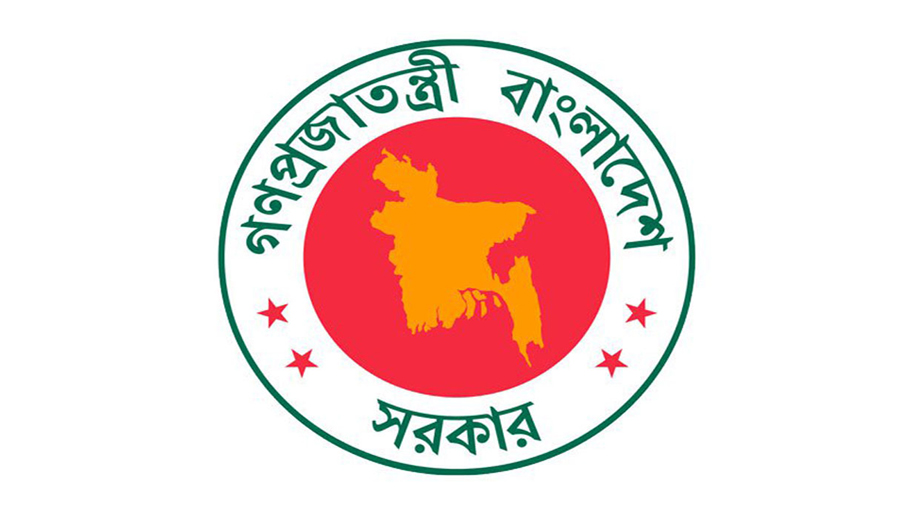Staff Reporter:
A new law is in the works to bring a broader definition of collateral for bank loans.
As a result, not only immovable property, but also fixed deposits or immovable property like gold, sil-ver, intellectual property, banks, and financial institutions can be taken as collateral.
The cabinet approved the final draft of the Secure Transactions of (Moveable Act)-2023, last Thursday.
However, the immovable property must be registered for a mortgage. For this purpose, it has been de-cided to have a separate authority for the registration of immovable assets for which valuation of those is possible, mentioned in the draft Act.
As a result, both banks and borrowers will benefit, and providing loans will be easier, as stated in the text of the Act.
In order to borrow a certain amount of money from a bank or financial institution, a visible asset or equal value like land or building must be deposited or mortgaged in the bank.
With the new ‘Secured Transactions’ Act, banks will be able to hold other floating assets to market value as collateral instead of tangible assets to borrow from banks.
As per the new law, from now on anyone can take loans against fixed deposits in banks, gold and silver or raw materials kept for export outside the country.
Anything that is copyrighted can be pawned to the bank. Also, products like furniture, electronics, soft-ware, and apps can also be kept with the bank while taking loan, subject to pricing.
Besides, the bank will also give loans against fish in ponds, garden trees, and cattle.
In April last year, the government decided to create an opportunity to take bank loans against immovable property. At that time, the Cabinet approved the draft prepared by the Financial Institutions Division, a wing of the Ministry of Finance.
The then cabinet secretary said that the decision to make a new law was made mainly thinking about the small and medium-level entrepreneurs.
Economist and Chairman of BRAC Bank Ahsan H. Mansur considers the upcoming new law as a timely initiative.
“In terms of giving loans, a culture of mortgage centered on immovable properties such as land and houses has developed in our country. The bank did not want to go beyond this, and legally could not”, he said.
But in the modern economy, many more things are added like intellectual property, brands etc. In that case, he thinks that there should not be a narrow definition of property.










































